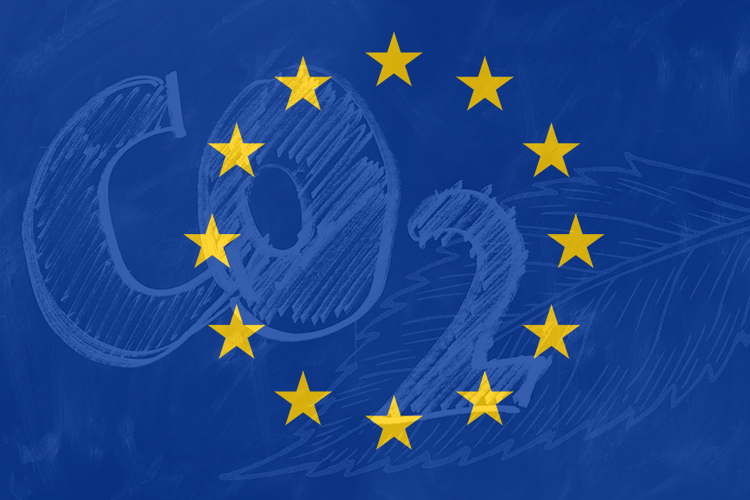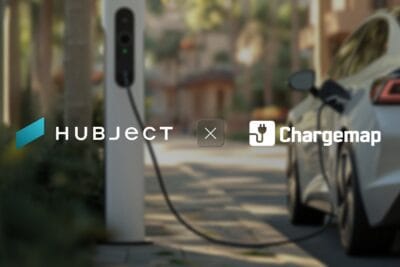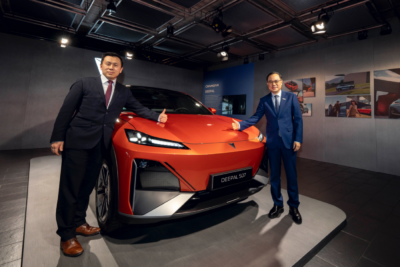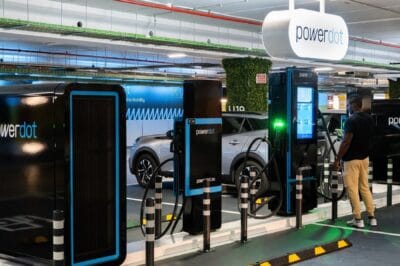EU agrees on 37.5% CO2 reduction for cars by 2030
EU negotiators finally agreed on CO2 emission rules for cars and vans and the deal is a true compromise. CO2 emissions from new cars will have to decrease by 37.5% by 2030 and 31% for vans, which is slightly above the expected 35%. Yet, punitive measures connected to the number of plug-ins sold, otherwise typical for a real PEV sales quota, are not part of the deal.
Still, the overall reduction of CO emissions from cars by 37.5 percent compared to 2021 levels is the exact middle between goals that had initially been floated. While the EU Commission had aimed for no more than 30% and later a 35 per cent reduction in carbon emissions, the EU Parliament first insisted on a 40 per cent reduction.
This means in the end, the European Parliament and the 28 EU member states met in the middle and thus brokered a deal that is definitely stronger than previous proposals. It prompted Greg Archer, clean vehicles director at T&E, to say: “Europe is shifting up a gear in the race to produce zero-emission cars. The new law means by 2030 around a third of new cars will be electric or hydrogen-powered. That’s progress but it’s not fast enough to hit our climate goals.”
Car lobbyists disagreed of course, saying that it is in fact way too fast. ACEA for example stated that a 37.5% target might “sound plausible but [it] is totally unrealistic based on where we stand today”.
Talking of today – the German Spiegel magazine reports that fleet emissions stand at 118.5 g on average, meaning most carmakers are a far cry from the 2021 target of 95g.
In the meantime, the EU also agreed on an interim target for both cars and vans. The aim is to reduce CO2 emissions in both vehicle classes by 15% by 2025. Yet, the proposal of the EU Parliament to introduce punitive measures for those that do not sell enough electrified vehicles, i.e. factually introducing an EV sales quota a la China, has not made it through the trialogue.
However, in order to reduce CO2 emissions calculated over the entire fleet, carmakers will have to sell a lot more electric vehicles to stay within the rules. Volkswagen CEO Herbert Diess has come to this realisation already and was one of the first carmakers to react to the EU’s decision. Diess calculated that the target would translate into a share for electric vehicles of more than 40 percent of its expected total vehicle sales in 2030, meaning Volkswagen’s “planned restructuring programme, which is needed to address this systemic change, is not yet sufficient,” according to the executive.
From EU side, the target for electric cars and plug-in hybrids is 15 percent of sales by 2025 and 35 percent by 2030. The agreement must now be signed by the European Parliament and the member states.
transportenvironment.org, euractiv.com, reuters.com (Diess)





0 Comments